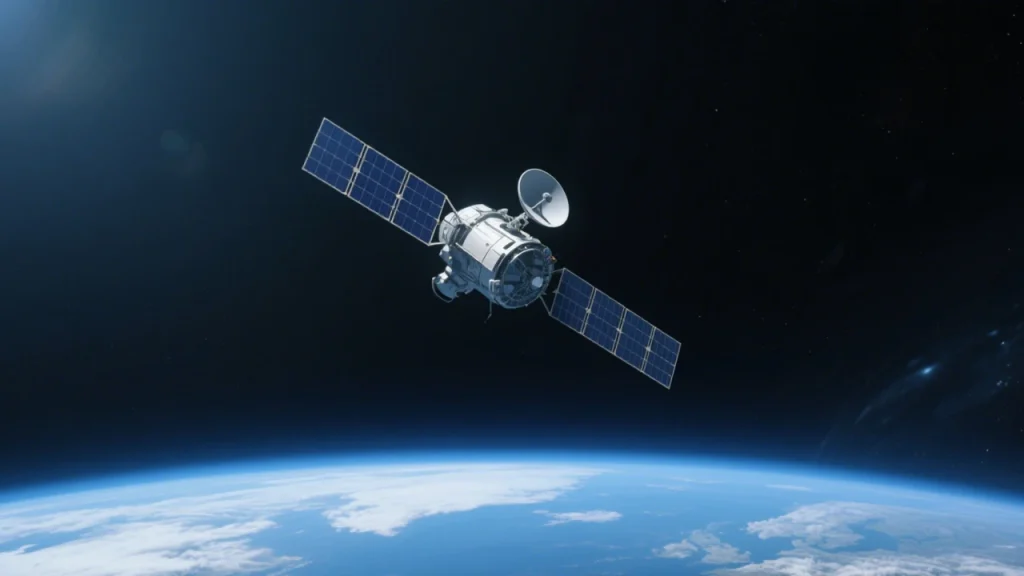- The long-term agreement allows the UK government to access Eutelsat’s OneWeb network for secure global communications.
- This marks a significant step in securing sovereign, resilient satellite capacity for defence and government use cases.
What happened: UK government secures Eutelsat OneWeb deal
The UK government has entered into a long-term agreement with Eutelsat OneWeb, granting it worldwide access to OneWeb’s low Earth orbit (LEO) satellite network. The contract, facilitated through the UK’s procurement vehicle for strategic space services, ensures that authorized departments and partners will be able to use OneWeb’s secure and low-latency satellite services globally.
According to Eutelsat, the deal is designed to support a wide range of governmental needs, from defence and emergency response to broader public service applications. The partnership leverages OneWeb’s constellation of over 600 LEO satellites to provide robust and persistent global coverage. This is the first agreement of its kind since Eutelsat completed its merger with OneWeb in 2023, forming a unified GEO-LEO operator. The agreement includes guaranteed capacity and additional features such as priority access and service-level commitments.
Also read: Eutelsat’s OneWeb faces 48-hour outage from leap year bug
Also read: Eutelsat secures $1.3B deal with French military
Why it’s important
Governments are increasingly moving to control their own space infrastructure. With rising geopolitical tensions, many see reliance on foreign systems as a risk. This deal gives the UK a stronger position by using a system it helped fund. In 2020, the UK invested in OneWeb to prevent its collapse, giving it influence over the platform.
Unlike SpaceX’s Starlink, which focuses on consumers, OneWeb targets enterprise and government users. This makes it more suited for national security and critical communication needs. Sovereign satellite access means more control over data, bandwidth, and resilience in times of crisis.This move also supports the UK’s ambition to be a space and cyber power. The agreement could lead to closer partnerships with allies who share concerns over digital sovereignty. It shows that low Earth orbit networks are now central to national infrastructure strategies.

